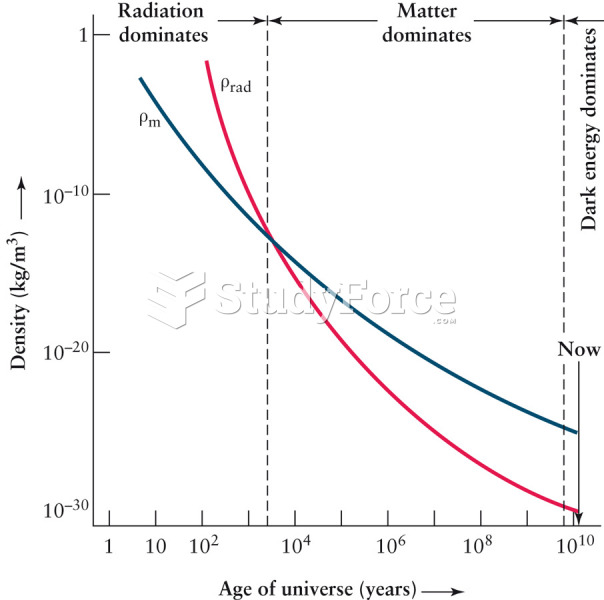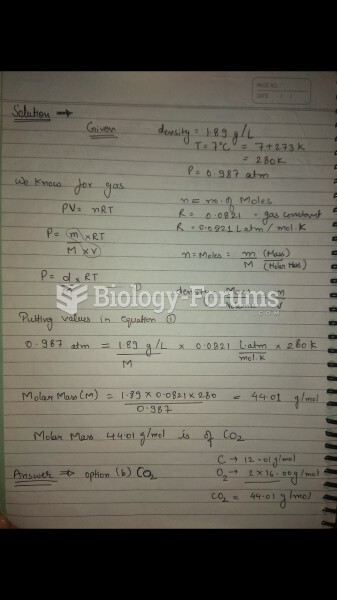|
|
|
There are 20 feet of blood vessels in each square inch of human skin.
According to animal studies, the typical American diet is damaging to the liver and may result in allergies, low energy, digestive problems, and a lack of ability to detoxify harmful substances.
Pink eye is a term that refers to conjunctivitis, which is inflammation of the thin, clear membrane (conjunctiva) over the white part of the eye (sclera). It may be triggered by a virus, bacteria, or foreign body in the eye. Antibiotic eye drops alleviate bacterial conjunctivitis, and antihistamine allergy pills or eye drops help control allergic conjunctivitis symptoms.
On average, someone in the United States has a stroke about every 40 seconds. This is about 795,000 people per year.
In 2006, a generic antinausea drug named ondansetron was approved. It is used to stop nausea and vomiting associated with surgery, chemotherapy, and radiation therapy.
 Succession in the intertidal zone involves colonization and competition for limited space among spec
Succession in the intertidal zone involves colonization and competition for limited space among spec
 Children with disabilities used to be sent to special schools. In a process called mainstreaming or ...
Children with disabilities used to be sent to special schools. In a process called mainstreaming or ...





